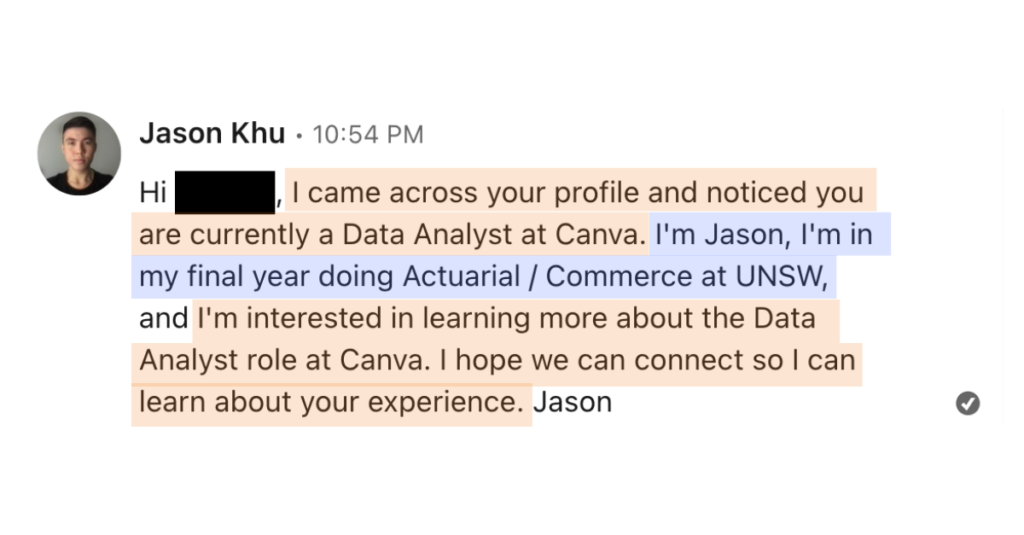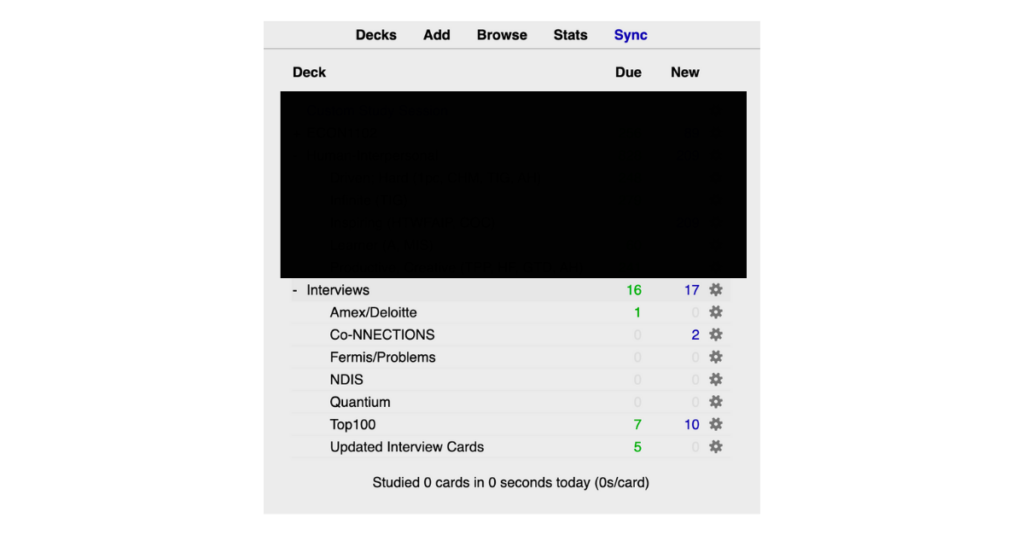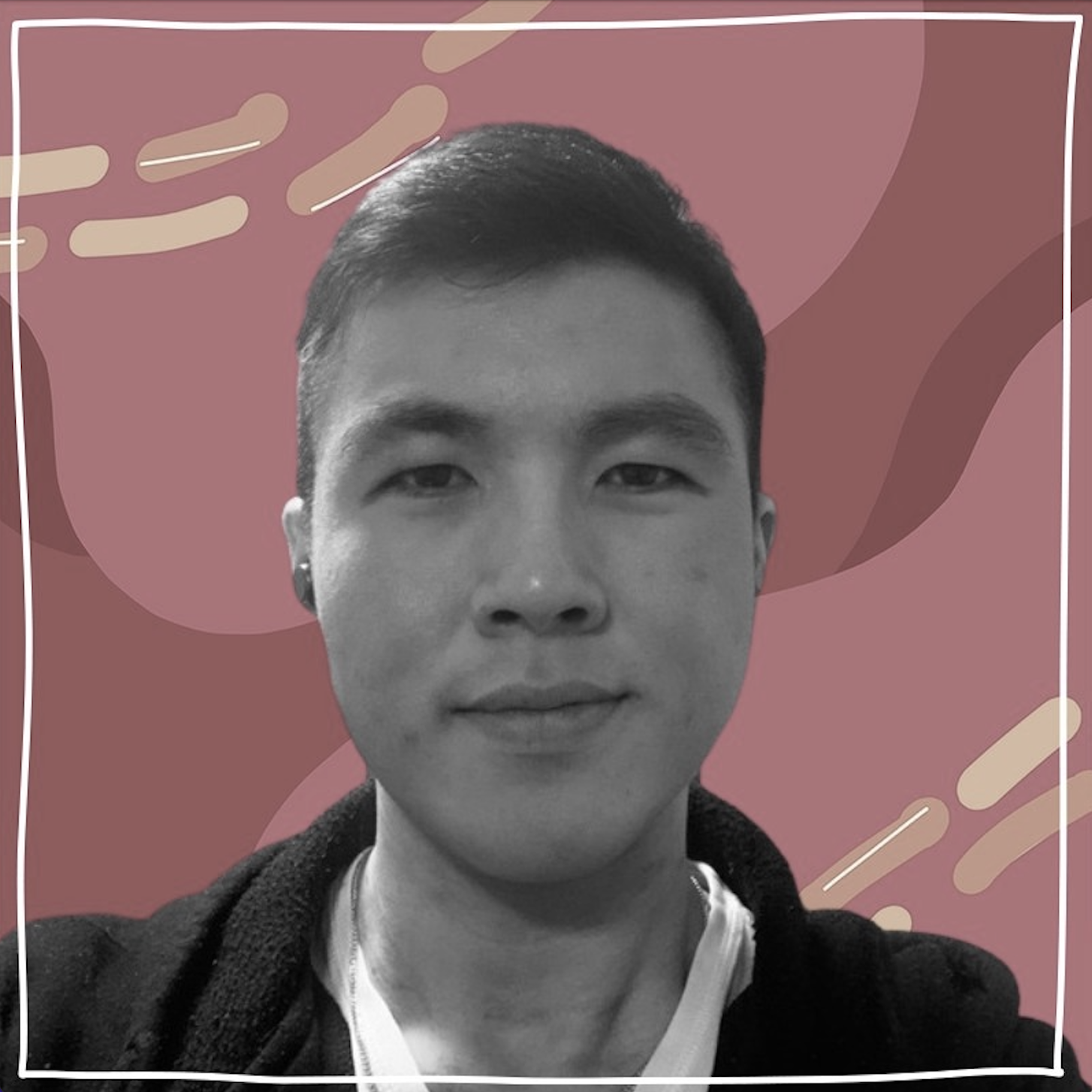NINE interview tips for Uni students
Posted on: January 22, 2023
Post Category: Professional Development

During my final year of high school, I got interview offers for the Actuarial Studies Co-op program at MQ (Macquarie University) and UNSW (the University of New South Wales).
During the earlier half of my first year of University, I got invited to interviews for some of the most popular student societies and volunteering programs.
The common thread between all of these interviews I’ve had was that I sat them… and bombed.
I was met with a lot of rejection emails, and it would be an understatement to say that I was just disappointed.
But I kept trying.
During my second year, I got to join the subcommittee of a student society for the first time, and I got to join the Tableau Ambassador program.
During my third year, I got to be a director for a student society, and I got three internship offers.
And during my final year, I was a finalist for the GradConnection Top100 Future Leaders Competition, I accepted a graduate role offer, and I accepted another internship role offer.
Here are 9 interview tips I have learnt and used during my University journey – 3 tips for before, during AND after the interview.
Before the interview
When preparing for interviews, I have three go-to tips.
(1) Get deeper insights about the role and team culture through an informational interview. One of the first things you should do when preparing for an interview is to do organisational research. Oftentimes, this would involve looking through the company’s website, reports and publications, news articles about the company, etc. But if you would like to get a better view of the work that gets done within the team you applied for, and hear stories about the team culture, you can also schedule an informational interview. To schedule an informational interview, book in a chat with someone who is working, or has worked, in the role you are applying for, and be intentional with the questions you ask. Take notes from the chat and then use these notes to tailor your responses to common interview questions. The insights you gain from the chat will also help you predict the types of questions might come your way. If you do not already know someone who has had experience in the team, cold-message them on LinkedIn. See an example of a LinkedIn personalised note below, that you can adapt and use when asking someone for an informational interview.

(2) Practice your responses to common interview questions, and questions you could be asked, using flashcards. Use flashcards with interview questions on the front and short sample responses on the back. You can find some common interview questions (and sample answers) here, but obviously make sure that you come up with your own responses! And if you are writing flashcards to practice with behavioural interview questions, ensure your sample responses follow the STAR (Situation, Task, Action, Result) framework. Every time you prepare for an interview, run through the deck, practice recalling your responses and practice communicating your responses as if you were in an actual interview (i.e., with direct eye contact, inflections, hand gestures, etc.). See some of the ANKI flashcard decks I have created below for my interview preparation.

(3) Relax. Put your flashcards and notes away, at least an hour before your interview, and do something to calm your nerves. This could involve going for a walk, people-watching, or listening to music. This will help you be present during the interview – ready to engage.
If you would like to get a more detailed view of how and why these tips work, see this post here.
During the interview
(4) Always ask clarifying questions when needed. Interviewers want to find candidates who are right for the role. In saying that, they really WANT to see you give the interview your best. Don’t risk guessing what the interviewer has asked you. If you need confirmation or clarification regarding what has been asked, ask for it – the interviewer will happily repeat the question if they need to.
(5) Take time to think when needed. Whenever you are met with an unfamiliar question and need to gather your thoughts, ask the interviewer for some time to think about it. You may have 10 to 20 seconds worth of awkward silence, but it will be worth the more cohesive and confident response. For online interviews, interviewers will generally allow you to write down notes while you are preparing your response. But, regardless of whether the interview is face-to-face or online, make sure you ask for time to think of a response: ‘Is it OK if I take some time to think about it?’.
(6) Always have questions ready to ask after the formal interview has finished. Leverage the insights you got from your informational interview and organisational research to come up with a couple of (deep) questions to ask at the end of the interview. In case your questions already got answered, at least ask when the recruiter expects to get back to you regarding the outcome of your interview.
After the interview
(7) Reflect on the interview process and your performance. Straight after you exit the interview venue, take the time to recall what happened and what questions you were asked, and take the time to reflect on your performance, while the experience is still fresh in your mind. Note that you should only focus on what you did and what you could have done, and be honest/objective about it. In the worst case scenario, where you don’t hear back from the recruiter, you will at least have some “feedback” on your performance and some notes that will help you prepare for future interviews.
(8) Send a follow-up message/email to your interviewer. If you have the contact details of your interviewer, sending a follow-up message/email can help you stay front-of-mind. Typically, your first follow-up should be within 24 hours after the interview. For your first follow-up message/email, thank the interviewer for the opportunity and their time, and, where appropriate, follow-up the conversation you had with the interviewer by sharing a relevant interesting article. Your first follow-up message/email can also be used to highlight any details/experiences you may have missed while responding to the interview questions – e.g., experiences that, in hindsight, would have better highlighted your skills. And if you don’t hear back from the recruiter at the time where an outcome was promised, send the recruiter a follow-up email asking when they expect to notify you regarding your outcome.
(9) Ask for feedback. Get a more accurate view of your performance by asking for feedback, and opt to have your feedback given through a call, as opposed to email, if you hope to ask any follow-up questions. Feedback is important for getting a clear view of what you need to improve on, and this will help you in preparation for future interviews. However, in the unfortunate event that you don’t end up hearing back from the recruiter, regarding the outcome of your interview, you may not be able to ask for feedback.
And these were my nine interview tips!
There are so many interview tips out there on the internet, but I hope you found some of these helpful and can take away a few or even one of these.
Keep in mind that just knowing interview tips/methods won’t get you far. To add real value to your interview skills, you must practice with real interviews. Practicing will be uncomfortable at first, but the interview skills you develop through practice will eventually help with your career growth and self-confidence.
Some of my other interview-prep content…
Here are some of my other posts on interviews and assessment centres:
- An Introductory Guide to Interviews – for Students
- My THREE GO-TO interview tips – in detail
- Learn about the Assessment Centre and how to succeed – with Tony Weightman
- Quick and practical preparation advice for interviews and assessment centres
- An intro to UNSW student society subcommittee applications and interviews
You can also see more of my posts at jason-khu.com, follow me on LinkedIn, or see the rest of my ‘Uni for students’ guide here.

About the author
Jason Khu is the creator of Data & Development Deep Dives and currently a Data Analyst at Quantium.
Notice:
Let me know if you want a resume review from me.
I have written a Data Analyst resume checklist, which will be free for you to read when my Data Analyst Guide gets released on the 3rd of June, 2024.
But if you want specific feedback from me, delivered in a short 30-minute to 1-hour call...
Please let me know through LinkedIn, and I'll see what I can arrange!
Pricing TBD.
- Jason